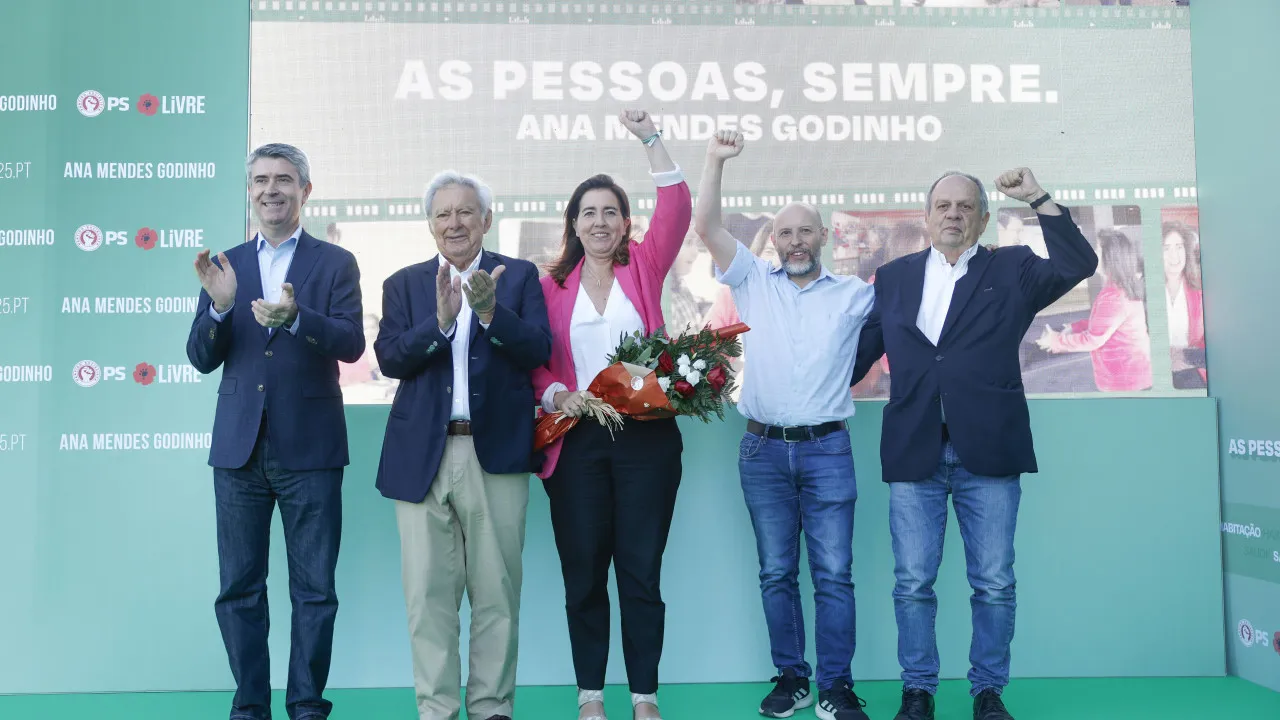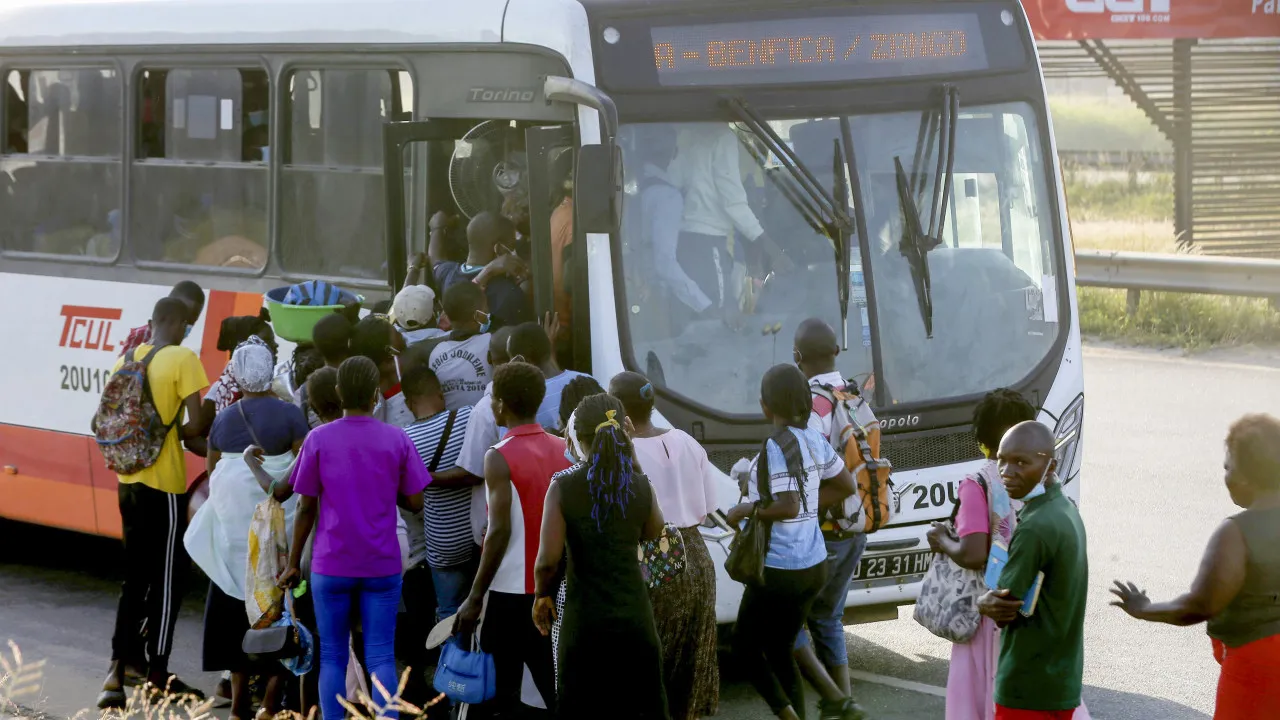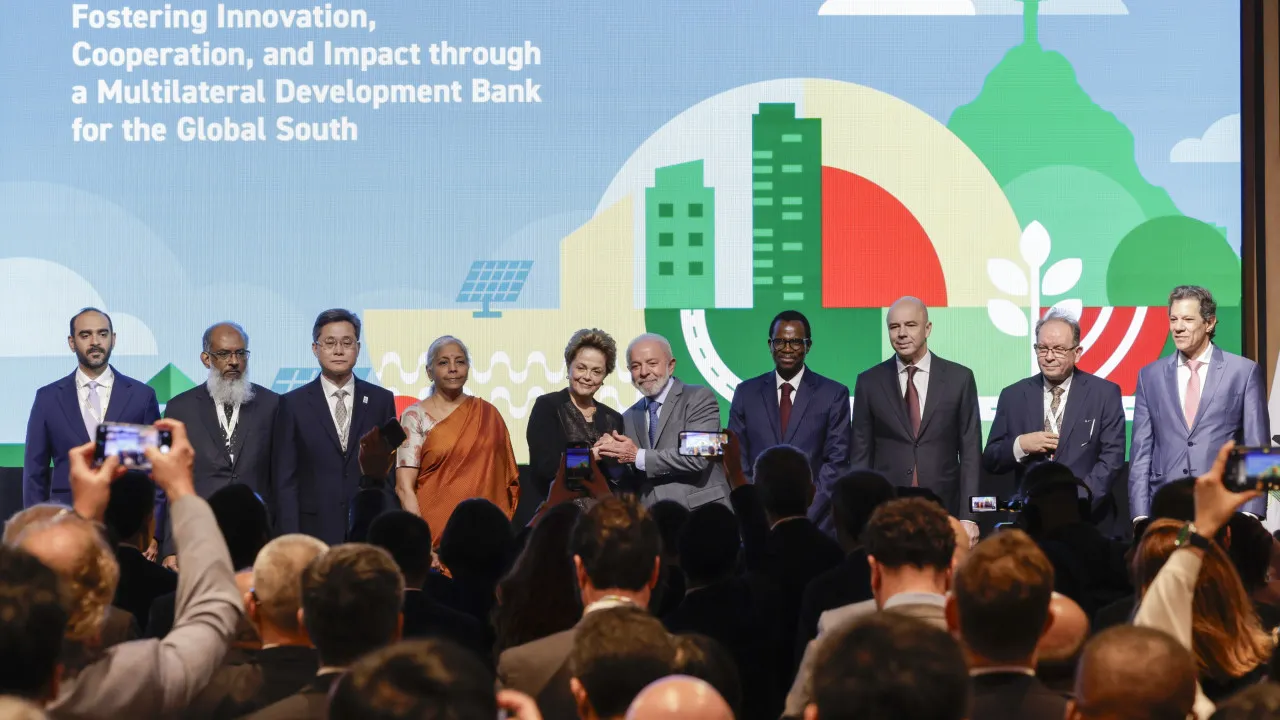The Prime Minister said today that one of the objectives of his visit to South Korea is to attract investment from South Korean multinationals for the European production of semiconductors, arguing that strategic economic autonomy does not mean protectionism.
This position was conveyed by António Costa at the end of a visit to one of the factories of the South Korean multinational SK Hynix, a company that occupies the third position in the world ranking of semiconductor producers.
The factory visited by António Costa, located about 60 kilometers from Seoul, represents, according to the South Korean company SK Hynix, an investment of about 100 billion euros and has vast areas of fully automated production.
With the Minister of Economy, António Costa Silva, the Minister of Science and Higher Education, Elvira Fortunato, and the Minister of Infrastructure, João Galamba, at his side, the head of the Portuguese executive reiterated the need for Portugal to follow the global movement of value chain reorganization in the face of the current instability of the international economy.
“There is a need to diversify the production chains of some essential goods, and semiconductors are now fundamental to everything,” he maintained, before pointing out that the shutdown of production in China from the beginning of 2020 – due to the covid-19 pandemic – has locked out a number of industries at a global level, as an example.
For this reason, according to the Prime Minister, Portugal has sought to “maintain a dialogue with the SK Group, with the aim of attracting the European production of semiconductors to the country.
“In this concept of strategic autonomy that has developed in Europe, Portugal has had a very clear position on the meaning of this concept. Strategic autonomy means not being dependent on others, but it doesn’t mean closing ourselves off. We want to attract foreign direct investment, especially from South Korea, to produce in Europe what Europe needs,” he stressed.
With regard to the SK Group, António Costa pointed out that contacts are underway and that Portugal has “very qualified human resources” in the field of semiconductors for design and already has “the largest European factory” for the final packaging of “chips”.
“This company has a strong link with Korea, and now SK is looking for investment points outside its traditional locations. This group, in addition to its production in Korea, also has a presence in China and wants to diversify its production sites. For us, this is an opportunity we should try to seize,” he said.
The first of two days of António Costa’s official visit to South Korea began today at Hanwha, a renewable energy company that is already present in Portugal and will be expanding its production in the country.
Among the companies with which we will have contact, there are some that have never had contact with Portugal, but others already have an important position, such as CS Wind,” which has invested in the capital of a Portuguese metal mechanics company that produces wind turbines, he pointed out.
According to António Costa, Portugal “was one of the countries of the European Union that registered the highest economic growth last year and has a unique opportunity in the coming years, especially with the support of Community funds, to carry out a profound transformation of its economy.
“We are at a very important moment that we must not waste and that we must focus on. This visit to South Korea is very focused on attracting foreign direct investment, products that can help transform our economy. A semiconductor factory, for example, opens the door to many other industries,” he added.
Read also:
Semiconductors and renewable energy. Portugal seeks South Korean investment








